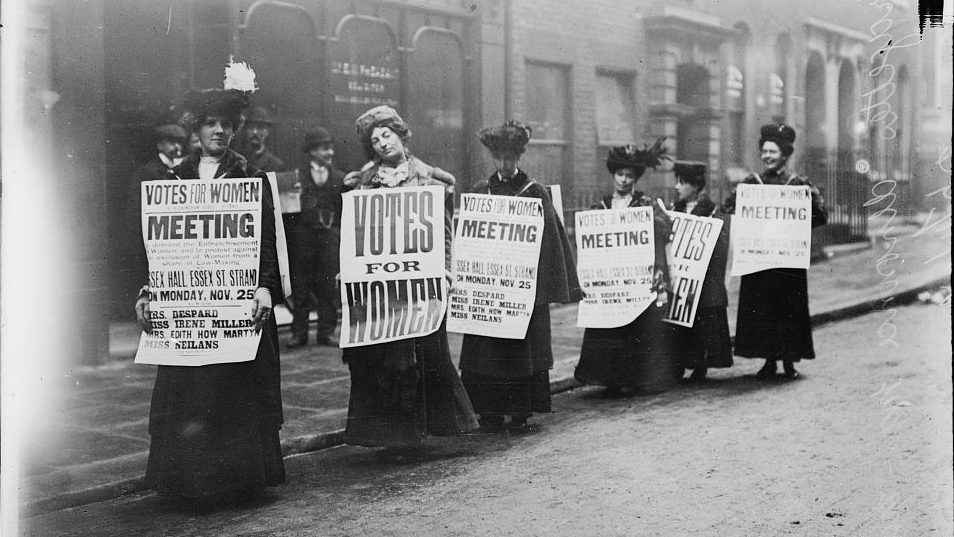It is an exciting time for in British politics if you love elections, as I do. The Chartists—a nineteenth-century movement for a more democratic state and more political rights for the working classes—eventually won all their demands but one: annual elections. Whenever I teach this topic, I tell my students that I wish they’d won that one too. They are lucky to be living through a period of such exciting democratic activity, I tell them; I turned 18 in 2003 but couldn’t vote until 2005 and then not again until 2010, and I’m jealous of their electoral experiences.
A general election in 2010 led to a coalition government, unusual in Britain, and in 2011, there was a national referendum on the “alternative vote” method to replace first-past-the-post. There was the referendum on Scottish independence in 2014, the general election the Conservatives won in 2015, the referendum on whether Britain should leave the EU in 2016, and another election—a snap election!—in 2017; Theresa May tried for a bigger mandate but ended up destroying her majority.
And now, as the Brexit campaign rumbles on, there are calls for still more: a second referendum on the final Brexit deal; another snap election to dispatch the increasingly weak May from office; and another Scottish referendum on whether Scotland can stay in Europe if the rest of the UK leaves.
As for local elections, since I moved to London, there have been four city mayoral elections: 2004, 2008, 2012 and 2016.
On the other hand, not all British people love participating in the democratic process. The political journalists I know are exhausted, and the state of British democratic conversation has not been improved by this repeated return to the polls. And, personally, well, I must admit that most of these elections have not gone my way.
But still. Walking into my local primary school and following the paper signs to the sports hall, passing all the tiny children’s furniture and coat pegs and the smell of poster paint; giving my name to the volunteers sitting behind the trestle tables; pointing it out for them on the list; wondering every time about whether people ever lie; taking my ballot paper into the little booth; unfolding it and scanning it for the right party, the right name; checking once, twice, three times (suddenly convinced that I might have forgotten how to read?); taking the tiny pencil and making my cross in the box; checking again; walking across the room, almost folding the paper, then remembering you’re not supposed to; and then sliding it into the ballot box.
In Sweden apparently they celebrate voting with fika, a break for cinnamon buns and coffee; in Australia they have a democracy sausage at the election day barbeque. I can see my polling station from my house, so I walk home and have a cup of tea, and wait for the polls to close. It’s still magic.
Charlotte Lydia Riley






